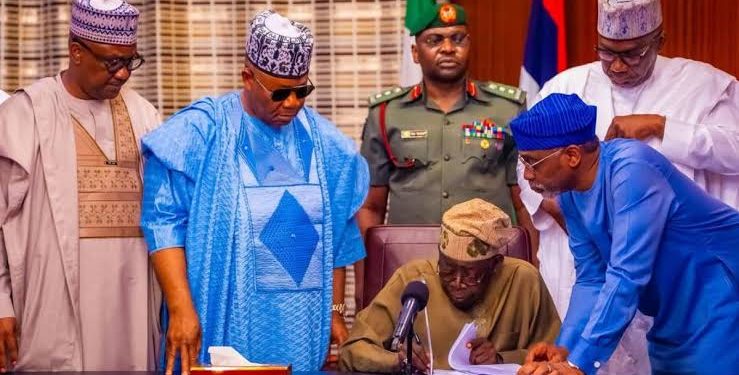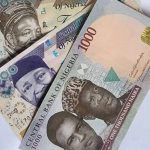The Federal Government has announced plans to begin cash transfers to over 2.2 million poor households across Nigeria before the end of August. The initiative is part of the administration’s wider strategy to reduce poverty and provide economic relief to vulnerable citizens.
The Minister of State for Humanitarian Affairs and Poverty Reduction, Tanko Sununu, disclosed that the beneficiaries are drawn from the National Social Register, which was designed to capture the most vulnerable households across the country. According to him, each household will receive a total of N75,000, to be paid in three tranches of N25,000.
Sununu explained that the disbursement will be done through beneficiaries’ bank accounts to ensure transparency and accountability. He also emphasized that the transfers are not only about providing temporary financial relief but also about laying the groundwork for long-term poverty reduction.
Figures from the ministry show that over N419 billion has already been disbursed to about five million Nigerians under the National Social Safety Nets Programme (NASSP). This latest phase will target another 2.2 million households, with the aim of strengthening their purchasing power and cushioning the impact of rising living costs.
The government said the payments are expected to cover essential household needs such as food, healthcare, and education, thereby easing financial burdens for families struggling in the current economic climate. Sununu also reiterated that the Bola Tinubu-led administration sees poverty reduction as a top priority and will continue to expand social protection schemes to reach more Nigerians.
The ministry noted that the register of beneficiaries is being updated continuously to ensure fairness and inclusivity, particularly for those living in rural communities who often face difficulties accessing government interventions.
This renewed effort comes at a time when millions of Nigerians are grappling with inflation, high food prices, and unemployment. By putting money directly into the hands of the poor, the government hopes to stimulate local economies, reduce inequality, and promote social stability.
Hire a Tech Talent – No recruitment cost. Trained in Software Dev, Product Design, Cybersecurity & more. Get access to 300+ job-ready entry tech talents (0-2 years’ experience), pre-screened and ready to drive your business forward. Request for talents HERE










